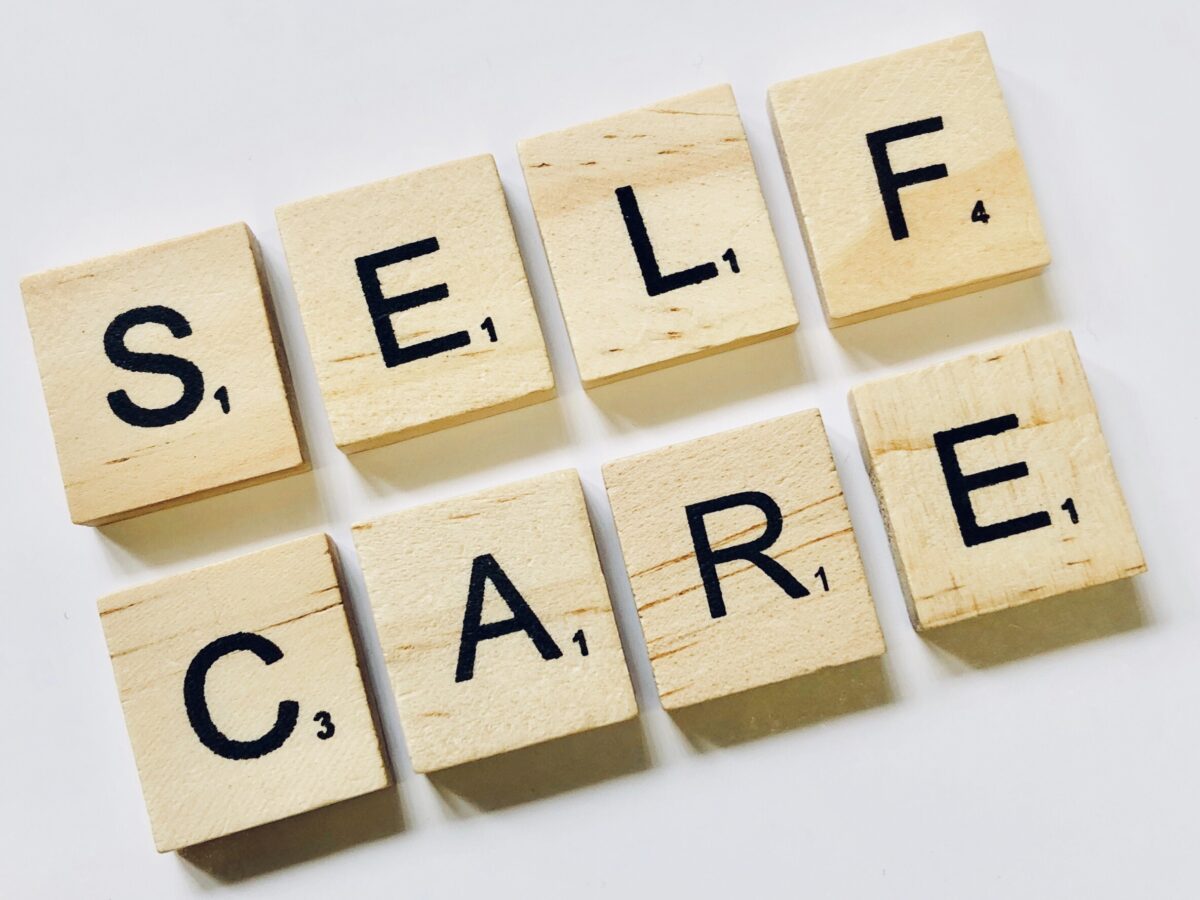Introduction:
Breakups can be emotionally tumultuous experiences, leaving individuals feeling vulnerable and lost. However, practicing self-care during this challenging time can be a powerful catalyst for healing and recovery. Self-care involves a range of activities that nurture physical, emotional, and mental well-being, fostering resilience and personal growth. In this article, we will explore the transformative power of self-care in the aftermath of a breakup, focusing on how it contributes to emotional healing, self-discovery, and the rebuilding of self-worth and happiness.
Emotional Healing:
Breakups unleash a rollercoaster of emotions, and self-care provides a safe outlet for processing these feelings. Engaging in activities like journaling, talking to friends or a therapist, or practicing mindfulness can help individuals confront and release pent-up emotions. By acknowledging and understanding their emotions, individuals can gradually heal and find acceptance, freeing themselves from the grip of heartache and pain.
Self-Discovery and Redefining Identity:
A breakup can lead to a sense of loss of identity as individuals may have defined themselves through the lens of the relationship. Self-care encourages exploring new hobbies, interests, and goals, enabling individuals to rediscover their passions and unique attributes. As they engage in activities that bring joy and fulfillment, they reclaim their individuality and develop a stronger sense of self, independent of the past relationship.
Cultivating Mindfulness and Self-Awareness:
Mindful self-care practices offer a pathway to self-awareness, helping individuals gain clarity about their emotions and thought patterns. Activities like meditation and yoga promote living in the present moment, reducing rumination about the past or anxieties about the future. This heightened self-awareness aids in processing emotions without becoming overwhelmed, fostering a healthier perspective and approach to life.
Nurturing Physical Well-Being:
Breakups can take a toll on physical health due to increased stress and emotional strain. Self-care involves tending to one's physical needs through regular exercise, nourishing foods, and adequate rest. As individuals prioritize their well-being, they experience improved mood and overall mental resilience, better equipping them to cope with the emotional challenges of a breakup.
Reestablishing Boundaries and Self-Respect:
After a breakup, setting and maintaining healthy boundaries is crucial for healing and personal growth. Self-care reinforces the importance of prioritizing one's needs and emotions, enabling individuals to let go of toxic relationships and embrace self-respect. By doing so, they lay the foundation for future healthier connections and a more fulfilling life.
Building Resilience and Coping Mechanisms:
Practicing self-care during a breakup nurtures resilience by providing healthier coping mechanisms. Engaging in creative outlets, seeking support from friends or support groups, and pursuing personal growth activities bolster emotional resilience. As individuals develop stronger coping skills, they become better equipped to face future challenges with newfound strength and understanding.
Self-Compassion and Acceptance:
Breakups can lead to self-blame or feelings of inadequacy. Self-care encourages individuals to treat themselves with kindness, practicing self-compassion and acceptance. By extending the same understanding they would offer to a dear friend, they learn to embrace their imperfections and find healing and growth in their self-acceptance.
CONCLUSION
“TRANSFORMATION AFTER BREAKUP, MUCH NEEDED”
Breakups are painful and also can be emotionally tumultuous that make individuals feel vulnerable and lost. Self-care plays a crucial role in healing and recovery after a breakup which involves activities that nurture overall well-being.
Emotional healing, self-discovery, redefining identity, cultivating mindfulness and self-awareness, nurturing physical well-being, reestablishing boundaries, and self-respect, building resilience and coping mechanisms, self-compassion, and acceptance are some steps of practicing self-care that work as transformative power after a breakup.
Related Articles:
Healing & Growth After a Relationship Ends
Open Relationships – Redefining Love, Trust, and Personal Growth
Nurturing Mental Health – Self-Care, Resilience, and Well-being Strategies
Love Vs Career: Which Is More Important? How to make the decision



